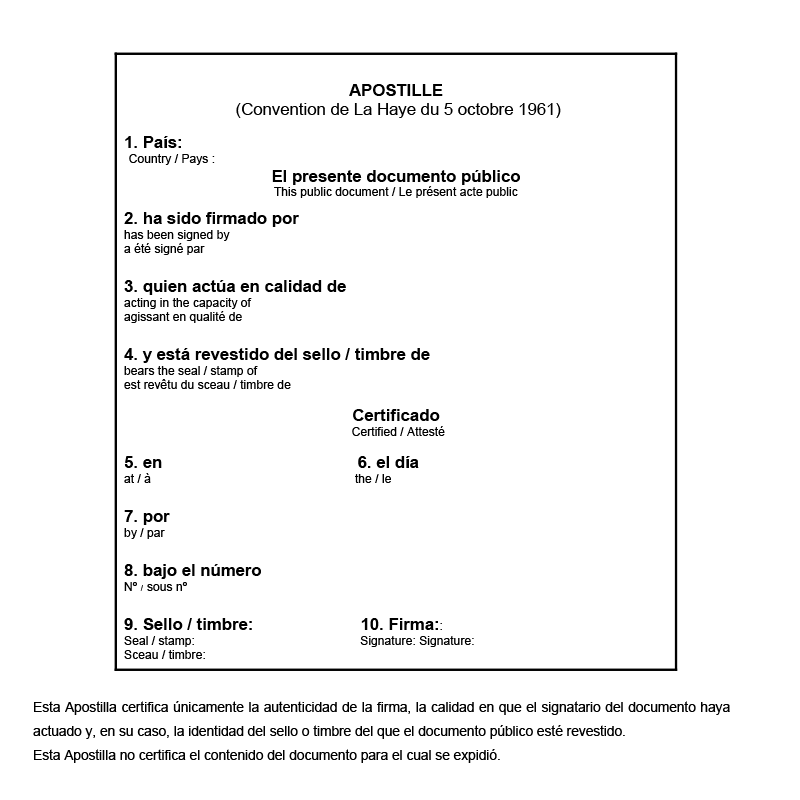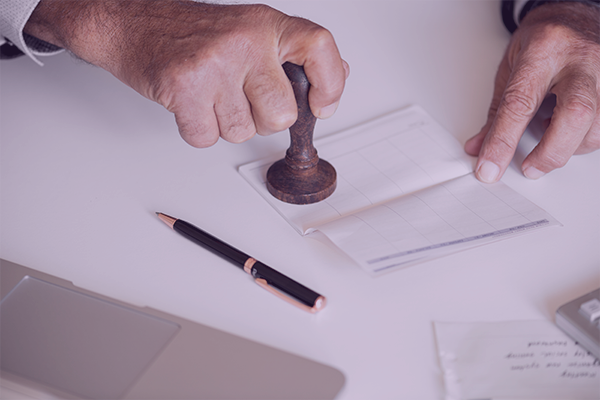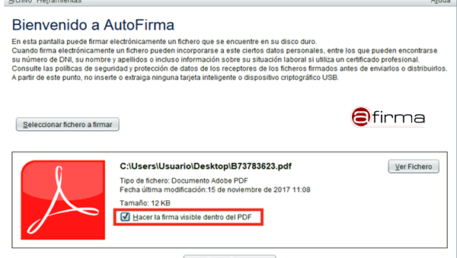Can official translators legalise documents?
No, we are not competent to legalise documents. Our job is to certify the truthful and faithful translation of the original document, but not to legalise it.
What is the legalisation or Apostille of a document?
The legalisation or Apostille stamp proves that the signature or stamp of the document to present to a foreign authority is authentic, verifying the capacity of the official who has signed. The document certification is made either: by a competent authority in the country of origin who affixes its seal to the document (or a certified copy of it); or by attaching it on a separate sheet, the Apostille.

In what does the Apostille legalisation differ from legalisation itself?
Apostille reduces the legalisation process of a public document, and may be used when the document issued in a country party to the Hague Convention is also to be presented in another country party to the Hague Convention. If the document is to be used in countries not party to this Convention, it will also require legalisation from the respective embassy. Here is a full list of countries who are members of the Hague Convention
Where can I obtain the Apostille of a public document?
If you need an Apostille or legalisation of your document, you should contact the body specifically entitled to issue it in the country where the document was issued. In Spain, it depends on whether the document emanated from a public administration, judicial authority, academic institution or notary public. As a way of example, in the UK, the Legalisation office is the Foreign and Commonwealth Office; in the USA, the Secretary of State; the clerks and deputy-clerks of U.S. Federal courts, or the U.S. Department of State Office of Authentications; in Australia, the Department of Foreign Affairs and Trade; in Denmark, Sweden and Finland, the Ministry of Foreign Affairs.
Are some UE documents exempt from legalisation?
Yes, from February 2019, the circulation of certain public documents within the UE has been simplified by suppressing the requirement for an Apostille stamp, saving UE citizens the paperwork involved.
The documents for which the requirement of the Apostille stamp has been abolished include administrative acts, such as certificates; notarial acts; judgments; consular documents and cover the following areas:
birth, death, divorce, legal separation or marriage annulment, registered partnership and its dissolution, parenthood, adoption, domicile and/or residence, nationality, absence of a criminal record, and the right to vote and stand as a candidate in municipal elections and elections to the European Parliament.
With the new regulations, the receiving authorities of a Member Estate will not be able to require that the document bears the Apostille stamp.
And, once I get my Apostille, will the document be recognised in the receiving country?
The signature or stamp on the document will be proven genuine, although the recognition of the contents and effects of such document depend on the national law of the country receiving the document.
Should I order the translation of the documents before or after getting the legalisation stamp?
We recommend that you have the whole document translated including the legalisation stamp, so that it reads in the translated language as a whole. However, as legalisation may take a few days, if you need to speed up the process, you can send us the document duly scanned before it is legalised, so we can start the sworn translation and add the translation of the legalisation stamp once it has been affixed.
And how do I legalise a document if a country is not party to the Hague Convention?
If your document cannot be Apostilled, because it comes from, say, Pakistan, India, Nigeria, Morocco, The Philippines, UAE and you need to legalise it, each document must be signed by a public official and include the signatory´s name in block letters, be legalised at the Ministry of Foreign Affairs, and then submit it for confirmation at the Embassy or Consulate of the country in which you will use the document in the country where the document was issued.
I have doubts about legalisation, who can I ask for information?
You can ask at your Consulate or Embassy, or at the Ministry of Foreign Affairs for more information.



